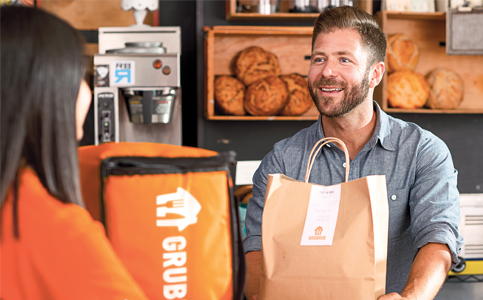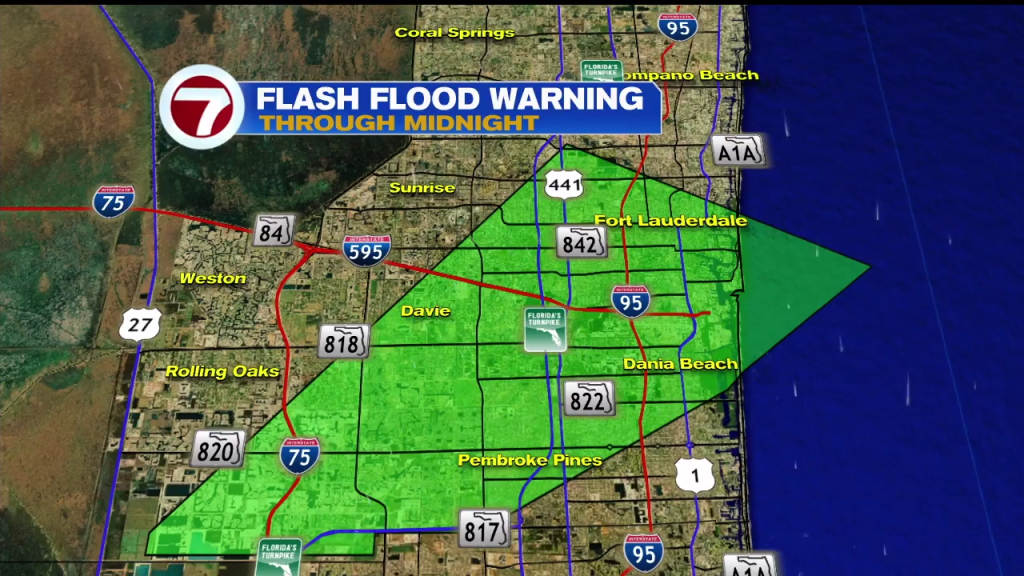Menu of penalties may await Uber Eats, Grubhub and DoorDash
Advertisement

Miami-Dade commissioners have advanced a proposed ordinance that seems ready to provide among the nation’s tightest regulations on restaurant food delivery apps like DoorDash, Grubhub and Uber Eats, with a menu of $10,000-a-day civil penalties for violations.
The measure by Kionne McGhee passed 8-1 on a preliminary reading without discussion at the June 21 commission meeting, with Raquel Regalado dissenting. It is to be heard Sept. 11 by the Chairman’s Policy Council.
The proposed measure, which would be the county’s first specific regulation of food delivery platforms, cites as reasons for the measure food safety, maintaining a link between customers and restaurants, and protecting “the opportunity to make fair and informed food delivery purchasing decisions.”
While some cities and states have in recent years regulated food delivery apps, most regulations revolve around charges for delivery and protecting food service tips.
Mr. McGhee’s proposal, which would apply countywide, would require itemized cost breakdowns for each delivery among food price, tips, and commissions, surcharge, delivery fee or promotional fees charged to the customer.
Food delivery apps would also have to disclose to customers the method of delivery and the driver’s name, the anticipated arrival time, the delivery address and delivery confirmation. The services would also have to provide to customers the phone number or email address of the restaurant.
The app would also have to provide information on every order to the restaurant, including the customer’s name and contact information, whether the customer is new or a repeat buyer, whether the order was tied to a promotion and whether it was placed through the service’s app or its website, and the delivery time the customer got the food. Apps would not be allowed to restrict restaurants from using that information to then market directly to those customers, bypassing the app entirely. Each violation by an app would have a $10,000 civil penalty.
If an app listed a restaurant without its permission to customers, there would be a $10,000-per-day penalty. The same daily penalty level would apply for not clearly providing the app’s terms and conditions to restaurants, or for limiting the number of transactions the food establishment could dispute. A list of other penalties would cost $100 per transaction in civil penalties, up to $10,000 total.
Most of those restrictions do not appear in regulations of food delivery apps elsewhere. A law in Portland, OR, that just took effect caps the amounts food delivery services can take from restaurants at 15% for delivery orders and 4% for takeouts. Texas bars apps from charging fees to restaurants unless the restaurant agrees in writing. California makes it illegal to charge more than the restaurant’s posted prices or to withhold tips intended for restaurant workers.
Another regulation on such delivery apps that made its way into law in Iowa last year fines a delivery service if a driver secretly samples the food on the way to customers – in a survey, 28% of Iowa drivers admitted they’d munched at customers’ expense.

